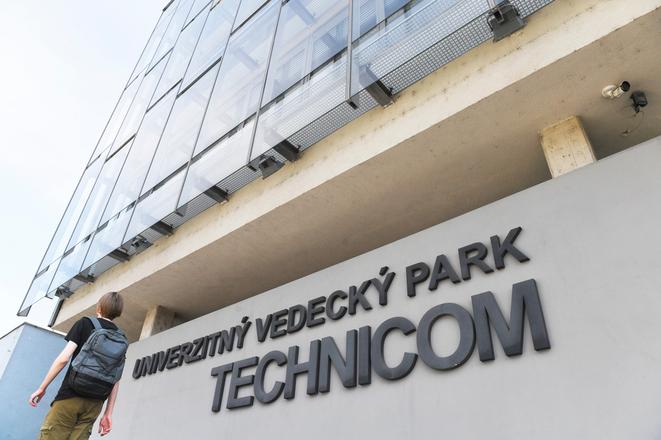Countries in Central and Eastern Europe continue to attract new investors, but their decisions are no longer based on the availability of cheaper labour in the first place. Instead, they are increasingly interested in the amount of state investment aid and progress in the transition of countries in the region to green energy.
This follows from the latest edition of the guide ‘Green Field Investments in Central and Eastern Europe’, published by the law firm CMS.
Companies compile a list of factors on the basis of which they make a shortlist of countries suitable for investment. The criteria vary from industry to industry, the TASR news agency wrote.
“From our experience in advising investors, it follows that they take into account not only economic factors, but also, for example, the security and stability of the country, its legal system or membership in international organisations,” CMS Slovakia partner Juraj Fuska.
Compared to neighbouring countries, Slovakia has an advantage in that it is already a member of the eurozone.
Slovakia’s request
According to CMS, the amount of investment aid and its timing also decide whether an investor will come to a given country. However, governments also have their own requirements. For example, they ask for promises for future investments and further development.
“In addition, we also have experience with the fact that governments, especially in Slovakia, ask investors to include research and development in their projects, or to focus specifically on the creation of technology centres as part of an investment project,” explained Fuska.
In Slovakia, there are four main categories of investment aid - cash, income tax relief, financial allowance to create new jobs and a discount for the transfer of real estate, or a discount on rent. The maximum amount of state aid depends on the region to which the given investment is directed.
Asian firms interested in Central Europe
In the coming years, investors from Asia considering moving part of their production to the region can play an important role. Slovakia can also benefit from this.
“Just last year we saw a wave of new investments announced by companies such as Nokian Tyres, CATL and ultimately Volvo Cars,” added Fuska. A significant part of this was in the automotive industry and the renewable energy sector, he noted.
Chinese companies also want to enter new markets. Many of them, especially in the electronics and automotive sectors, need to expand in order to continue growing. Companies such as Geely, GWM or BYD have already announced their interest in entering the European market, Fuska said.
“Hungary, the Czech Republic and Slovakia could benefit from this, in first positions when it comes to Chinese companies making decisions,” he concluded.



 Technicom University Science Park in Košice on September 18, 2023. (source: TASR)
Technicom University Science Park in Košice on September 18, 2023. (source: TASR)